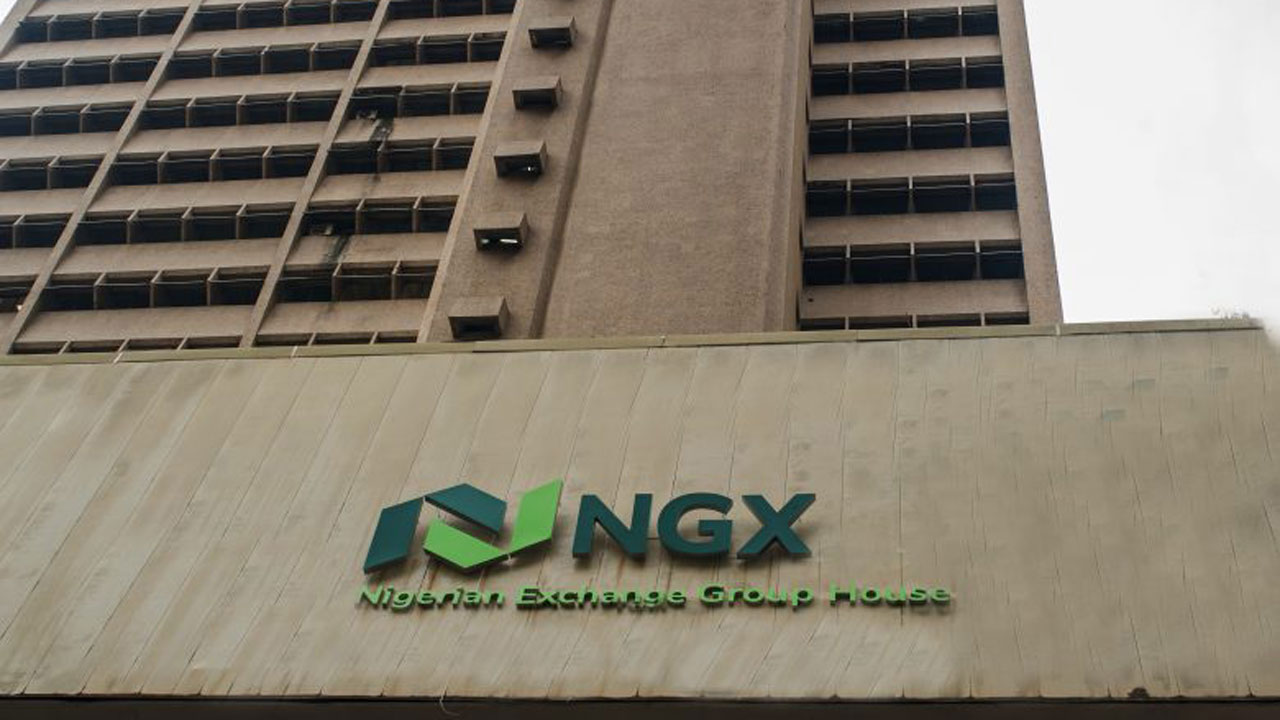To boost the economy, create jobs for Nigerians, and give the country foreign cash, the Securities and Exchange Commission, SEC, has teamed up with the Standards Organisation of Nigeria, SON, to produce standards of goods intended for export.
The commission revealed this in a statement on Tuesday and predicted that Nigeria’s agriculture sector will expand greatly in the coming years.
The agribusiness sector in Nigeria declined by 0.90 percent during the first quarter, according to the first quarter data from the National Bureau of Statistics which led to a fall in the GNP overall. The sector will be witnessing a fall in growth for the first time in seven years.
Lamido Yuguda, the Director-General of the SEC, revealed that the partnership with SON had led to the development of some standards and their exposure to other markets, with positive feedback.
Lamido claimed that the creation of these standards would open the door for the export of the goods to the global market, which in turn would strengthen the Nigerian economy.
The commission has been working hard to promote this sector, including agricultural and mineral products among others. Nigeria has a lot of promise in this sector.
“We are a very productive agricultural nation with a wealth of resources, but now the majority of them are sold in local markets with no sort of quality control, which causes a lot of our agricultural products to be rejected on the global market” Lamido stated.
“You can see that less developed nations may export their agricultural goods, particularly fruits. We produce some of the best fruits in the world, but regrettably, due to standardization concerns, we are unable to compete in this market”.
Lamido continued by saying that working with SON was a positive move. “It is just the beginning, but if we move forward, I think this has the potential to be very significant in the near future. In the foreseeable future, we anticipate a considerable increase in the agriculture sector”.
He further stated, “Since there are many opportunities in that industry, we are also working with the Ministry of Solid Minerals”.
However, there is a lot of mining by hand currently, so there needs to be cooperation between state governments and the Ministry of Mines to create some sort of standardization, ensure that those mining are granted government licenses, and ensure that this mining is taking place in a sustainable manner.
According to Lamido, the commission established a Technical Committee on Commodities Trading Ecosystem as part of its implementation of the Capital Market Master Plan. The committee’s responsibility is to identify issues with the current framework and create a roadmap for a thriving ecosystem.
“A committee made up of numerous stakeholders, including the SON, was formed to oversee the report’s implementation. The creation of a grading and standardization system in line with international best practice was mentioned as one of the report’s suggestions, he continued.
In addition to working with SON, Lamido stated that the commission was also engaging with the Federal Ministry of Solid Minerals and Mines, the National Insurance Commission, the Central Bank of Nigeria, and the National Insurance Commission to advance the industry in terms of capacity building, standard-setting, domestic advocacy, and advocacy on a global scale.














